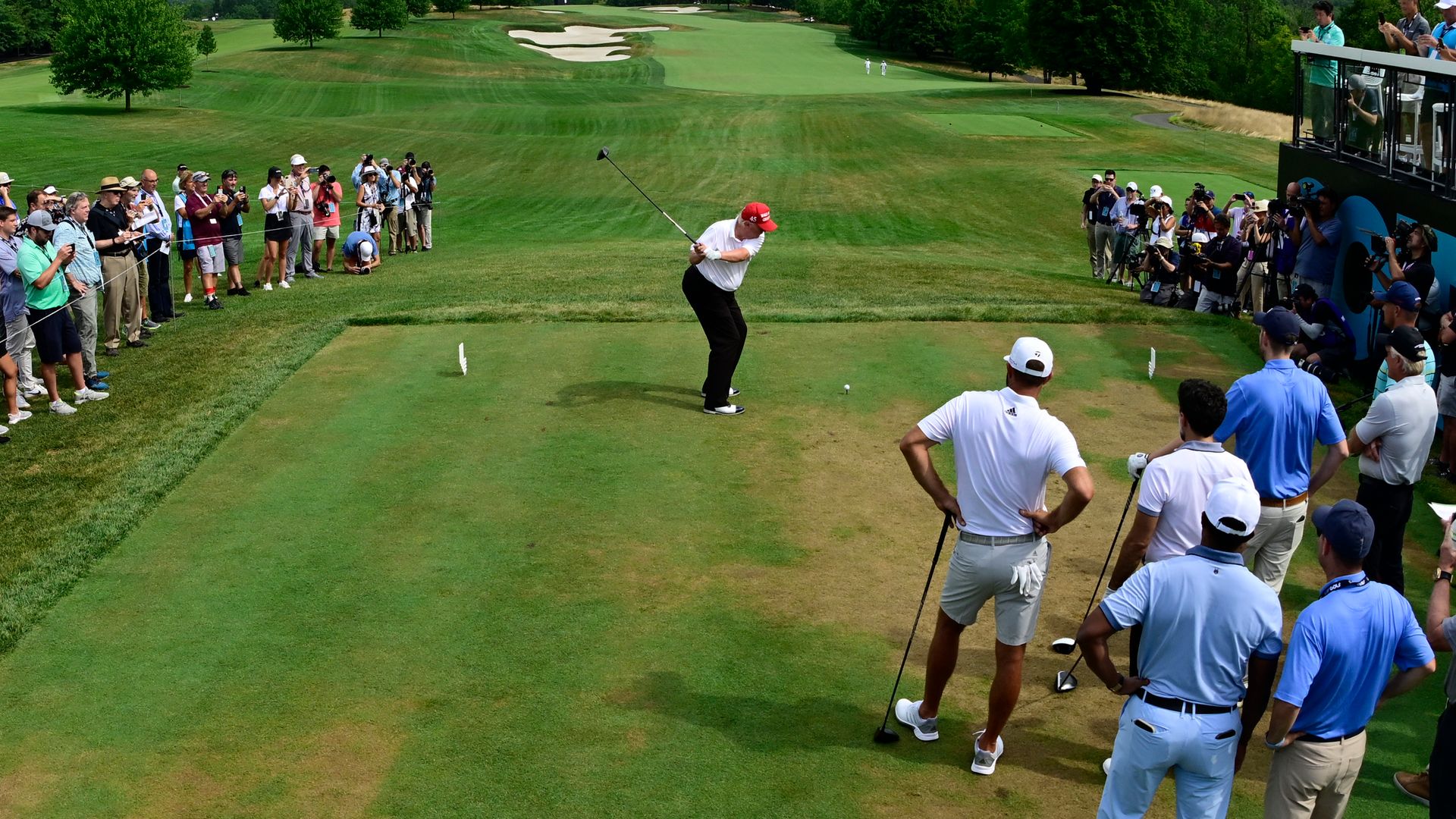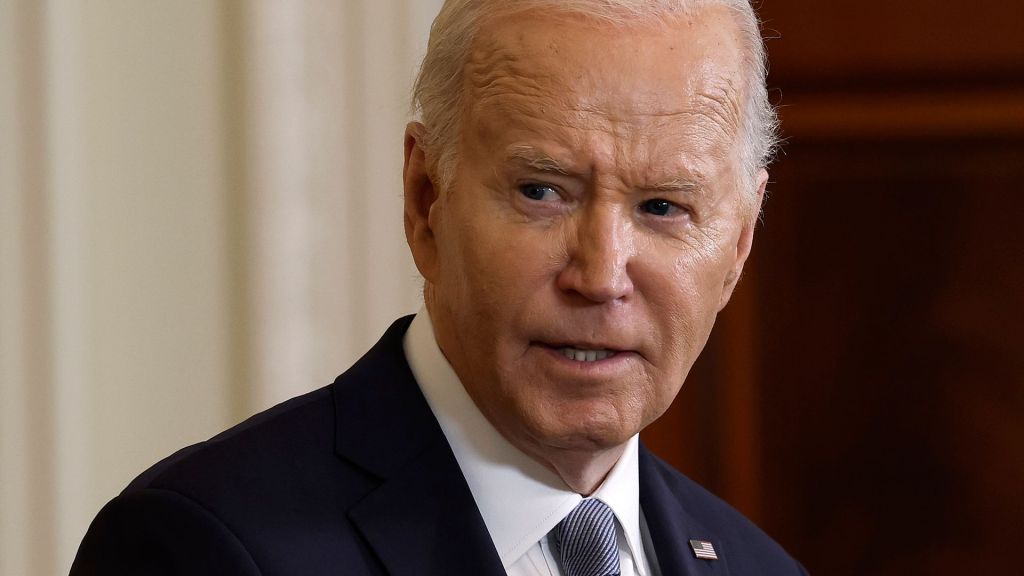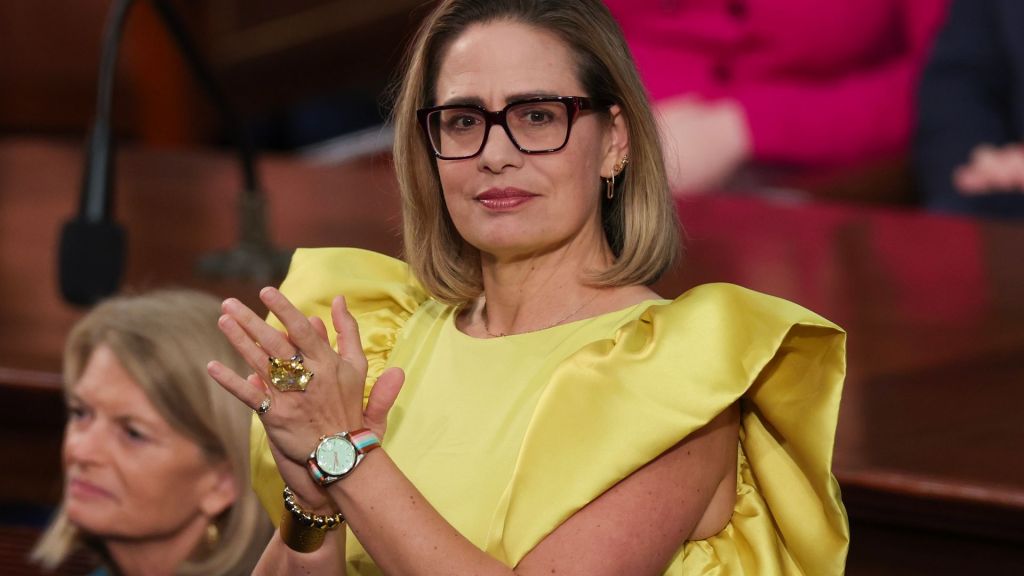
I’m Ray Bogan with Straight Arrow News, and I’m here with Jaime Lopera and Marcelo Perez, who are the CEO and managing partner of Elite Protection Solutions Corp based in Miami. We’re here to talk about protecting politicians and the challenges for the Secret Service. We’re speaking, of course, because there was a second assassination attempt against Republican presidential nominee Donald Trump at a golf course.
Now, gentlemen, according to reporting, the acting director of the Secret Service told former President Trump that significant additional security arrangements and planning would be needed if he wanted to continue safely playing golf. Acting Director Ronald Rowe discussed the difficulties of securing sprawling golf courses near public roads and said that some of Mr. Trump’s courses were easier to protect than others. So what makes some golf courses easier to protect than others?
Marcelo Perez:
It depends on location, obviously. And that particular golf course where former President Trump plays, there are a lot of roadways there and there are a lot of open areas. And it’s accessible not just to the ground, but also up above via drones, helicopters, or airplanes. So that’s a definite consideration when you’re trying to secure somebody, the area in and of itself. If it was a more isolated golf course where there’s less foot traffic or vehicles that are allowed, then it would be a lot easier to secure.
Ray:
We spoke the other day and you said protecting someone is about manpower and resources. Of course, resources require funding. So as business owners, when a client gives you a budget for a big project, what do you prioritize spending that budget on?
Jaime Lopera
The number one goal is to be able to plan and prevent anything from happening. We spend most of our resources and most of the money should go to planning and preventing. Because ultimately if you take care of that, then mitigating and responding should not take place. Most of our resources or the money should be allocated to the pre-phase. And this is where you’re planning. It’s your planning phase because the ultimate goal is to prevent any of these issues happening.
Ray:
The Secret Service is a government agency. Their budget is set by Congress and they have to make that money last for the entire year. Are there alternative ways of getting the job done for less? Let me give you an example. We know from the assassination attempt in Pennsylvania that the Secret Service uses drones for surveillance. What if there’s a scenario where they needed a drone but there wasn’t money in the budget for it – is there another way to get that same type of surveillance?
Jaime Lopera:
I just read an article in the news the other day that they’re talking about Congress actually augmenting the resources and emergency funding just for this. Because again, remember, depending on the location and depending where you are, the resources that you’re talking about are massive, especially for a golf course. Just to give you an example, the key components to protecting somebody, you’re going to need an advance team. That’s somebody who goes in and has to physically and visually inspect the location. They have to do all the preplanning – making sure that they’re checking out all the entry points, they’re checking out all the personnel. So that’s just one aspect of it.
Then you’re going to have a protection team. That’s the team that’s actually just making the movements and making sure that the person is where they need to be. Or they need to evacuate him or shelter in place, put him in a place where they can secure them while somebody else can get to them.
Then you’re also going to need a reaction team. Because remember the protection team is taking them away from danger, so the reaction team is dealing with whatever threat they have in front of them.
And then on top of that, you’re to have a massive support team. That accounts for intelligence, your medical personnel, all that stuff. So when people think of this, the only thing that you see, or we see on the screens is just the couple bodyguards or the couple secret service people that are around the principal. We call them the principal that in this case it will be the president or the presidential nominee. So that’s all you see. But we don’t see the entire picture. The entire picture is a massive undertaking. And especially like Marcelo mentioned earlier for a place like a golf course, because now you’re in open space. So now accounting for all that stuff, now you gotta account for possible intrusions, right? Helicopters, drones or planes or just mere objects being tossed over a wall. Just again, I think when we speak on this topic, one of the main things that we have to do is open up the scope and look at everything that needs to happen in order for someone like that to be protected.
Ray
iNews in the UK reported that law enforcement sources on both sides of the Atlantic warned that aggressive social media rhetoric and the ease of buying firearms has created a threat for both presidential candidates too large for the Secret Service to deal with alone. If the Secret Service can’t do it alone, who’s qualified to help them?
Marcelo Perez
They’re going to have to open up the scope and bring other resources. There are a lot of retired military personnel, law enforcement, retired law enforcement officers that are highly trained and highly skilled. I’ve been doing this for 37 years. I have a vast array of retired detective, law enforcement personnel who are more than happy and more than capable of assisting. They’re going to have to allow the public, the private sector to come in and at least augment them when it comes to the outside perimeter. I’m not talking about absolutely close quarter protection for the president, but what I am saying, who’s going to guard the parking lot that’s a half a mile away? Who’s going to guard the fence that could be 1500 to 200 yards away? That’s where the public sector can come into play and be able to assist them because there’s no way that they’re going to be able to allocate three, four, or five hundred, law enforcement personnel, Secret Service personnel to guard the president while he’s playing golf. But he can get security companies, investigative companies like ours to assist and to augment them and it’s cost effective.
Ray
It’s hard to protect against a lone wolf in part because they don’t communicate with collaborators. If someone hired you and said, have a potential threat detected from a lone wolf, what would you do to ensure their safety?
Jaime Lopera
Let’s talk about lone wolves. So if you look at the analysis, the data, most of these incidents are not just from a lone wolf. We just had a shooting in a school, right? And we learned that prior to that, the law enforcement knew about it. There were some issues. They talked to them. it’s you’re talking about the intelligence using the intelligence. Prior to these things happening. So I know we sensualize the word lone wolf. It does happen, but most of it, there’s already a history, there’s already a pattern. So we need to pay particular attention to that. But to answer your question, if we have intel that there’s somebody that’s gonna harm our principle, right? The idea again is always to prevent. So if we know that they’re gonna be at a location, if at all possible, switch the location, go somewhere else, or how you make an entry. If the public gets in front of the building and you know that that’s more dangerous, that’s why you have an advance team to make sure that you have different routes, different locations, to make sure that you are able to provide the most coverage for your principal.
Ray:
What would you do if someone hired you and said, were just attacked and now we’re concerned about a copycat?
Marcelo Perez:
Well, absolutely, you take that absolutely serious. And once again, budget plays a big part in this because the more personal you have, the easier it is to secure someone. So depending on the budget and the time you have to prepare, that’s what’s really going to determine and dictate how safe you can keep your principle. Your principal also has to be educated. You have to speak to the principal and let him or her know that under certain circumstances, you may not be able to give that speech, or that lecture, or go play golf because your life is at risk. And sometimes you have to make tough decisions for them. And as long as they’re willing to understand that, then yes, you can keep them safe because ultimately that is the goal to keep them safe.











